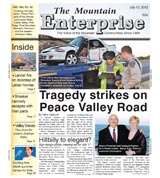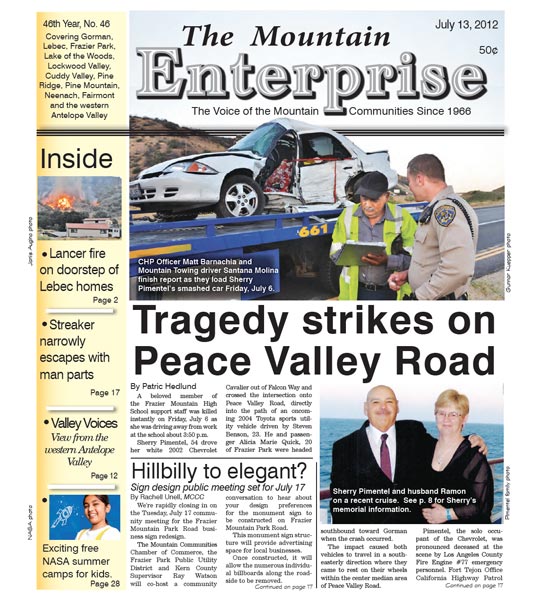By Patric Hedlund, Editor
Print newspaper editors tend to live by very strict rules if we are serious about our profession and about what our work means to the public which we serve.
Ethics are living, breathing, daily companions in our lives. We talk about them in our office, in our lunch room, in our conferences, on vacations, while hiking, with our attorneys and on at least three different national ethics hot lines. We must be wary about where we invest; what we talk about and with whom; about how we socialize; whom we date; and we always buy our own lunch. We appreciate an innocent gesture, but we can’t accept gifts. We give them back.
The importance of professional ethics and how we must live in order to avoid even the perception of a conflict of interest is based on the need to keep our reporting credible. This is rigorously taught and then reinforced in newspaper newsrooms. Am I getting boring on this topic yet?
Yes, print editors can be fanatics—and I agree that both our readers and we can find exceptions in the profession who have failed to live up to these standards—but our code of ethics sharpens a great skill in us. It makes us highly sensitive to conflicts of interest looming in the paths of those about whom we report.
This is especially painful in watching members of volunteer boards as they get close to the line of questionable conflicts. Kern County Supervisor Ray Watson’s appointed Municipal Advisory Council is a humming hive of conflicts of interest. Elected boards can be even more painful to watch if they are not vigilant over their own potential conflicts and ethical challenges.
Both we and the Kern County Grand Jury find it alarming to watch Lebec County Water District board member Millie Karr’s refusal to recuse herself and leave the room when an agenda item pops up that may shield her husband from legal and financial liabilities.
Bob Karr may be civilly vulnerable for allegedly illegal actions he took in 2009 while installing a private 12-inch line for developers and connecting it to the system when he was a member of the same board. This may affect Millie Karr, the current board treasurer, economically and personally.
Those elected to do the public’s business should not participate in deliberations over matters which could affect their own finances. But at the July 10 board meeting, Karr again ignored that fact with big round eyes. This is a game of pretend. Karr pretends she doesn’t see the self-serving conflict of interest, so maybe no one else will see either. It is flat wrong for the other members of the LCWD board to adopt that kind of magical thinking. Their own credibility is suffering. The public is not that stupid.
A similar problem is stalking the western Antelope Valley. We salute people doing good business. But an elected representative wearing two hats, keeping one of them secret, is simply wrong. If one takes money secretly from the very company with which their council is negotiating, what exactly is that company buying?
Under the current L.A. County Rural Town Council structure, this may not be illegal, but secretly mixing business with elected service is a breach of public trust. It erodes ethics, shreds credibility and creates a climate of corruption. Full public disclosure is the only remedy.
This is part of the July 13, 2012 online edition of The Mountain Enterprise.
Have an opinion on this matter? We'd like to hear from you.


